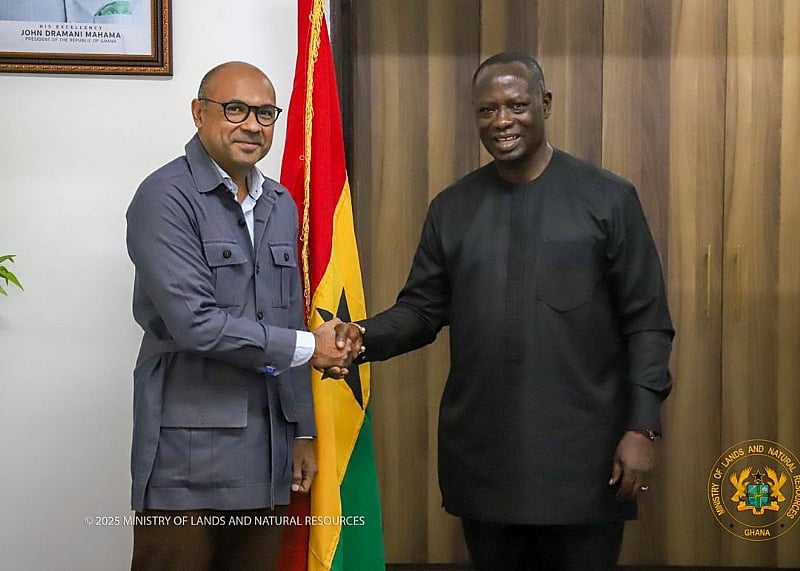Ghana and the European Union (EU) share a deep and enduring partnership, particularly in the realm of sustainable forest governance. This collaboration centers on the Forest Law Enforcement, Governance and Trade (FLEGT) initiative, a program designed to combat illegal logging and promote responsible forest management. Ghana stands on the cusp of a historic achievement, poised to become the first African nation and the second globally to issue a FLEGT license, a testament to the country’s commitment to sustainable forestry practices. This milestone, anticipated by June 30, 2024, signifies a momentous step in Ghana’s journey towards responsible forest management and reinforces its position as a global leader in the fight against illegal logging. The issuance of the FLEGT license will not only enhance Ghana’s reputation as a responsible timber producer but also open doors to new markets and strengthen its economic ties with the EU.
This significant progress underscores the robust partnership between Ghana and the EU, a relationship built on mutual respect and shared goals. The EU has been instrumental in supporting Ghana’s efforts to improve forest governance, providing technical and financial assistance to strengthen institutional capacity and implement the Voluntary Partnership Agreement (VPA). The VPA, ratified by Ghana’s Parliament in 2009, serves as the framework for this collaboration, outlining the commitments of both parties to combat illegal logging and promote legal timber trade. The imminent issuance of the FLEGT license is a tangible outcome of this agreement, showcasing the effectiveness of the partnership in achieving concrete results.
The successful implementation of the VPA highlights Ghana’s dedication to transforming its forest sector. Substantial progress has been made in strengthening forest governance systems, including the development and implementation of a robust timber legality assurance system. This system tracks timber from the forest to the point of export, ensuring that only legally harvested timber enters the market. The final hurdle before the issuance of the first FLEGT license is the ratification of a second batch of Timber Utilization Contracts (TUCs) by Parliament, expected to take place after the Easter break. This ratification will complete the legal framework required for the issuance of the licenses and solidify Ghana’s position as a pioneer in sustainable forest management.
Looking ahead, Ghana and the EU are committed to further strengthening their cooperation in several key areas. Ghana seeks continued support from the EU in investing in logistics, capacity building, and technology to enhance the deployment of the Wood Tracking System and the Ghana Legality Assurance System. These investments will further strengthen the country’s ability to monitor and control timber flows, ensuring the legality and sustainability of its timber exports. Additionally, Ghana aims to leverage EU support in developing large-scale commercial plantations and implementing the Tree for Life Reforestation Initiative. These initiatives will contribute to restoring degraded forest landscapes, enhancing carbon sequestration, and creating economic opportunities for local communities.
Furthermore, Ghana seeks EU assistance in tackling the complex challenges of illegal mining, a pervasive issue that threatens the country’s environment and undermines sustainable development. Logistical support is needed to combat illegal mining activities, reclaim degraded lands, and restore polluted water bodies. Technical assistance is also required to modernize the timber industry, enhancing its efficiency and competitiveness while promoting sustainability. Finally, Ghana recognizes the crucial role of climate financing in promoting sustainable forest management and seeks EU support in accessing these funds to further its efforts in combating climate change.
The long-standing partnership between Ghana and the EU exemplifies a successful model of international cooperation. The EU recognizes Ghana as a critical trading partner, and their collaboration extends beyond forestry to encompass broader development goals. The EU’s continued support for Ghana’s natural resources and environmental sector is vital for achieving sustainable development and fostering economic growth. As Ghana prepares to issue its first FLEGT license, the partnership between these two entities stands as a beacon of hope for sustainable forest management and a testament to the power of collaboration in addressing global challenges.


